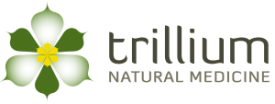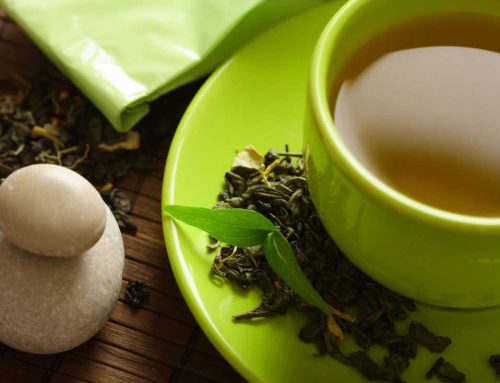The benefits of breastfeeding are well known and women today make it a top priority. Sometimes despite a valiant effort to breastfeed, some women have difficulty because their milk supply can be insufficient. Luckily, there are ways to improve milk supply with herbal medicine.
First, if a woman is having trouble breastfeeding, let me emphasize that turning to herbal medicine is NOT the first step. Most often the problem has to do with the latch that the baby is forming around the mother’s nipple. This is where lactation specialists come in with expertise. There are general guidelines that should be followed such as avoiding pacifiers or bottles in the first four weeks in order to avoid nipple confusion. And of course getting skin-to-skin contact between the mom and the baby, hearing the baby cry and just being around the baby are all things that help promote adequate milk supply.
Sometimes when breastfeeding isn’t going as well as planned, the problem may lie in hormone signaling. The hormone prolactin increases immediately after birth. When the baby suckles prolactin spikes again. The first two weeks after the baby is born are the most important time to set up this important signaling of hormones to ensure adequate breastfeeding. Many herbs that are used for milk supply are labeled “oxytocic” because they increase oxytocin. And in effect, they increase prolactin. Being relaxed is an important player for increasing oxytocin also.
There are several classes of herbs that are known to improve breastfeeding. Galactagogues are used first and foremost. Their primary action is to increase milk supply. Digestive herbs are important as well. Nutritive herbs are useful because they contain a high mineral content. Lastly, nervine herbs are not to be without because the entire process of breastfeeding is vastly improved by a calm state of mind.
Fenugreek is perhaps the most well known galactagogue for improving milk supply. It is an Aryuvedic herb and is consumed widely in the Middle East. Fenugreek works all by itself, although it can be added to other herbs. Galega officinalis, also known as Goat’s Rue, is a less bitter galactagogue and is usually used in combination with other herbs. Blessed Thistle (Cnicus benedictus) is harder to find, and should be used in combination also. Fennel seed is very reliable, and is also a digestive bitter. Fennel is the primary herb in Mother’s Milk Tea by Traditional Medicinals, which is a well-known herbal go-to that can help with milk production. Since teas are less strong though, one would need to use about four tea bags two to three times per day. Instead, I recommend herbal capsules with higher concentrations to get a sufficient dose. Mother’s Milk Tea can be very helpful for a colicky baby though when consumed by the breastfeeding mother.
Digestive herbs are important because they help with relaxation and increase the hormone prolactin. Some favorites include Anise seed, Caraway, Hops and Milk Thistle. Milk Thistle is well known for it’s function of improving liver detoxification, but it also improves the quality of breast milk.
Nutritive herbs such as Marshmallow and Avena sativa improve mineral content. Marshmallow has the added benefit of improving clogged ducts and Avena sativa is also a nervine, or a relaxing herb. This combination would be perfect for the mom with painful breasts who cannot unwind!
Because a relaxed mom orchestrates breastfeeding, the use of herbs that calm the nervous system, called nervines, are not to be without. Melissa officinalis, or Lemon Balm, is a great herb for post-partum moms because it balances the thyroid and prevents post-partum thyroiditis, which is common following pregnancy. It is good for post-partum depression also and has an overall relaxing effect on the body and mind.
Herbs that should not be used in breastfeeding include Sage and Raspberry because they may damage the milk supply. For some women, a single herb will do the trick while for others using several herbs in combination works the best. So it is important to be creative and if you aren’t getting the desired result in 3-4 days, then move on to another herb selection because time is of the essence.
Consuming whole grains such as gluten free oats will also improve milk supply. Also, don’t forget about acupressure. A point located on the outside of the pinky nailbed is called Small Intestine-1 and is known to improve milk flow!







